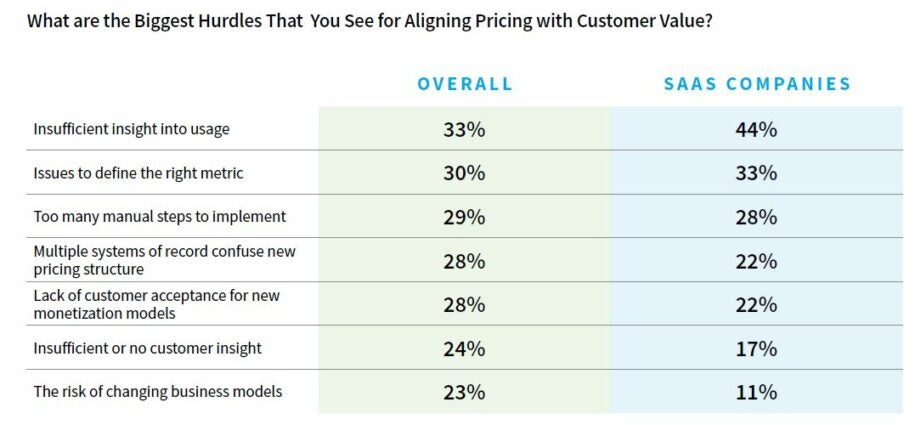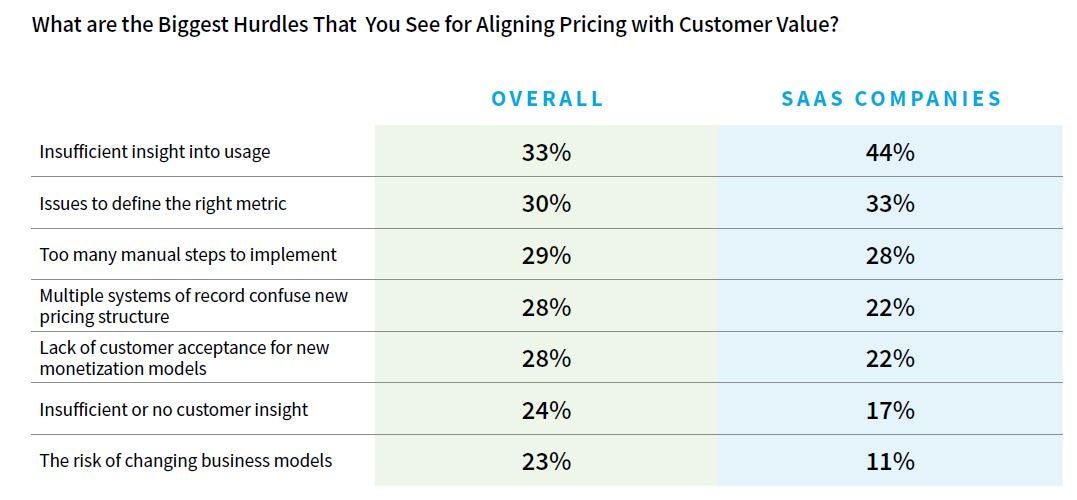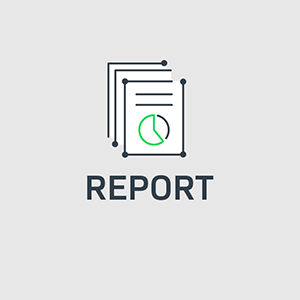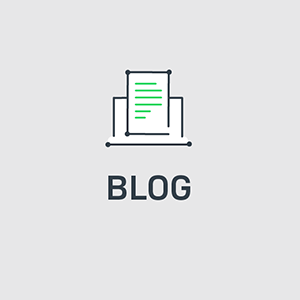I’m not a big fan of ineffective processes. I have a hunch you’re not, either. We encounter them all the time, though: having to provide the same info multiple times during a medical appointment, repeatedly punching account numbers into the phone on a bank’s call tree, navigating websites that require password reentry over and over.
I often catch myself wondering, “How could this process be more effective?” The same question is very useful when applied to collecting and utilizing usage data. My last blog post showed the broad interest in usage data. Now, let’s take a quick look at why effective data collection matters—and how streamlining these processes helps product managers and companies monetize their software.
Lack of data = lack of opportunity to price properly.
The Revenera Monetization Monitor: Usage Management & Insights showed that those who understand usage are better at pricing their products. This is true regardless of monetization model. Overall, 53% of suppliers feel confident that their pricing aligns with the value they provide to customers; that number grows to 63% among companies that report already being very good at collecting usage data. With this in mind, it becomes clear that understanding how customers use a product is a critical factor for proper pricing.
Without software usage data, software suppliers struggle to align pricing with customer value. In fact, one-third (33%) of suppliers claim that the biggest hurdle for aligning price with customer value is insufficient insights into usage data. Other main hurdles include challenges defining the right metric and manual steps that complicate the process.
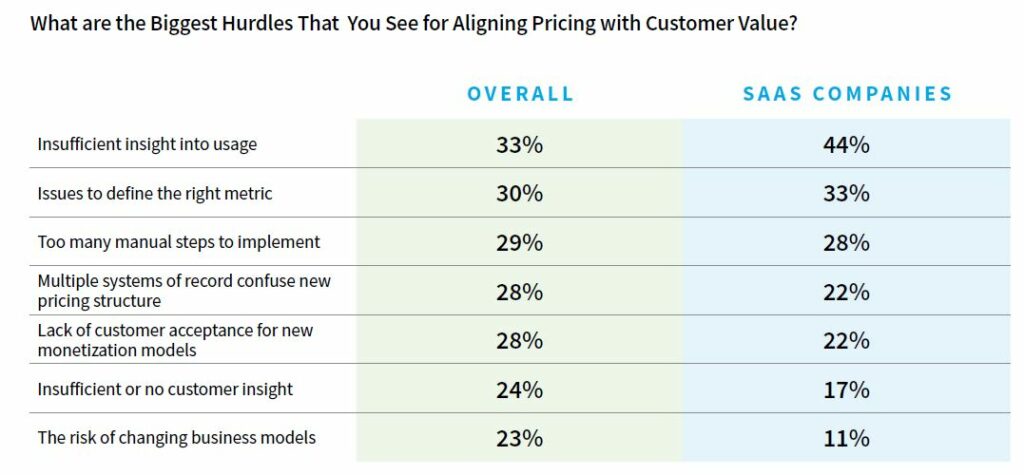
What’s in it for product managers and companies?
Effective data collection can help product managers and companies, regardless of their business models. It can:
- Help product teams make better roadmap decisions,
- Understand which features are most valuable,
- Monitor patterns of software usage to improve customer experience,
- Capture anomalies, such as a hack or unexpected usage patterns,
- Prevent revenue leakage resulting from unintentional overuse,
- Free up engineering resources that were previously spent on cumbersome manual processes,
- Provide valuable information that can be leveraged to monitor compliance with usage limits and licenses, and
- Improve pricing confidence, an absolute must for usage-based models and a best practice for all monetization models.
All software suppliers can benefit from understanding and tracking usage—a powerful, efficient way to unlock new or different business models.
